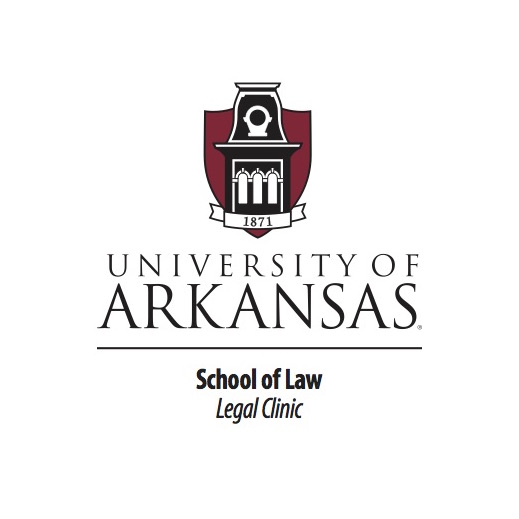FAYETTEVILLE, Ark. — Join Christina Pollard, visiting associate professor of law and director of the University of Arkansas School of Law Immigration Clinic, for a free question and answer session to address questions about the upcoming changes to DACA. The informational session is scheduled for 5:45 p.m. Monday, Sept. 18, in the law school's E.J. Ball Courtroom and is open to the campus, legal and Northwest Arkansas communities.
DACA, short for Deferred Action for Childhood Arrivals, is an initiative launched by the Obama administration in 2012 to allow qualifying immigrant youth — who were brought to the United States as children but do not otherwise have authorization to be in the United States — to get a reprieve from deportation and to receive permission to work, study and obtain driver's licenses. On Sept. 5, the Trump administration formally announced that DACA would end in six months, leaving DACA recipients with questions about their current status and what to expect in the future.
On Monday, Pollard will address questions such as:
- When does my DACA expire?
- What is the deadline for extending my work permit?
- Can I travel outside the U.S.?
- If I do not have DACA already, can I apply now?
- What legal resources are out there to help me?
The school's Immigration Clinic is offering assistance to DACA recipients with work permits expiring between Sept. 5, 2017, and March 5, 2018. Those seeking assistance are encouraged to call 479-575-3056 to make an appointment and to attend the Sept. 18 session. The deadline for the government to receive renewal applications is Oct. 5, 2017.
The Immigration Clinic was founded in 2008 and provides opportunities for students preparing for a career in immigration law or general practice to develop skills that are critical the successful practice of law through experiential learning. It also serves the community by providing pro bono representation to area individuals who are in need of legal assistance in immigration matters.
For more than four decades, the University of Arkansas Legal Clinic, an umbrella for seven clinics in multiple practice areas, has given law students hands-on skills training by representing real clients in real life legal situations, and has provided free legal services to clients throughout Arkansas.
Each clinic offers law students the opportunity to practice hands-on law under the close supervision of a full-time faculty member. Individual clinics include civil litigation and advocacy, human trafficking, federal practice, American Indian law, criminal practice, transactional law and immigration.
Contacts
Darinda Sharp, director of communications
School of Law
479-575-7417, dsharp@uark.edu
